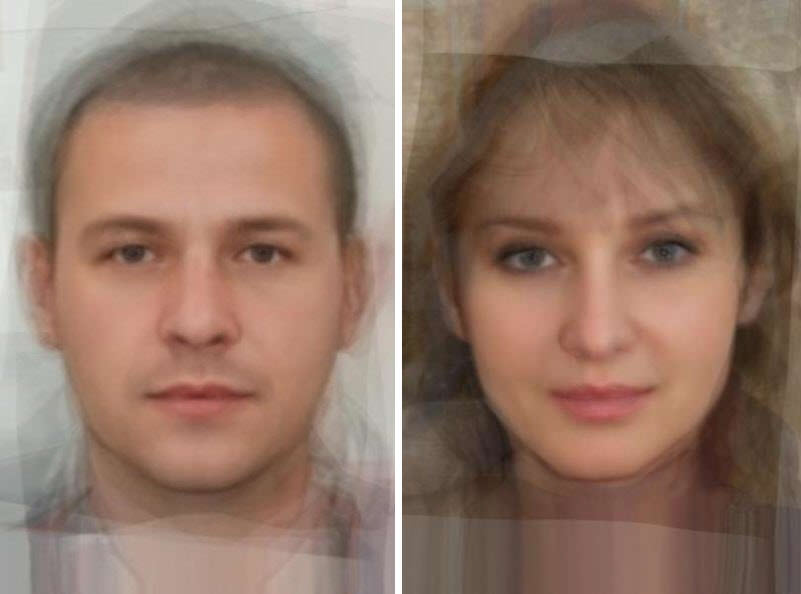Privacy concerns halt Polish genomic map
As part of the European Union-funded project to create a genomic map of Poland, the country has made clear they are willing to abandon gene-sequencing technology. The final decision, which the funding agencies have not yet approved, is expected within the next weeks or two. The project’s handlers made this decision after the Chinese group BGI engaged in data security concerns. As the technology for sequencing genetic data develops and becomes cheaper. The mapping project plans to move the leftover sequencing into the home, Figlerovich said.
Figlerovich said the US National Security Commission sparked the concerns on Artificial Intelligence (NSCAI) report. The report was released earlier this year. BGI0s reason to be was for the Chinese government’s global porn genetic database collection. One of many business executives told Reuters about an EU-funded genomic map of Poland’s venture plans to ditch China’s BGI group’s gene sequencing expertise on knowledge safety issues.
Poznan biotech company Inno-Gene SA, which owns a minority stake in CEGC, said it was unaware of a possible cancellation. The European Union, which provided approximately 65% of the total funding for the Genome Map, did not respond to a request for comment.
Figlerovich said that with the development of genetic data sequencing technology and reducing costs, the mapping project plans to bring the remaining sequencing technology to the company. The project aims to provide Poland with “independence” of the genome to ensure data security. Figlerovich said that as genetic data sequencing technology becomes more cost-effective, the mapping project plans to outsource the rest of the sequencing work. The project aims to provide Poland with “freedom” of the genome to ensure data security.
Data security: the top concern
This project aims to ensure Poland’s “independence” of the genome to ensure data security. In addition, the Polish Ministry of Education and the National Institute for Information Processing were also not worried about funding the project. Mr. Figlerovich mentioned that the Genomic Map of Poland has decided not to send any genetic data to a foreign country and likely void its contract with CEGC.
It launched in 2007 and was named after the two emperors believed to have founded China’s dominant ethnic group. BGI plans to sequence at least 100 Chinese in this project to showup a high-resolution map of Chinese genetic polymorphisms. Figrelowicz has now said that Poland’s genomic map has decided not to send genetic data abroad and will likely terminate its contract with CEGC. Mr. Figlerovich mentioned that the Genome Map will cost over PLN 100 million ($ 25.35 million) and is about halfway to implementing its 5,000 Polish genome sequencing program. It has moved this work to its third since 2019.
 The privacy statement on the test website states that if the data collected is “directly related to national security or national security” in China.
The privacy statement on the test website states that if the data collected is “directly related to national security or national security” in China.
These disputes include the alleged cooperation with the People’s Liberation Army (PLA) and millions of genetic data. From prenatal examinations to map the prevalence of viruses among Chinese women and look for disease indicators. In addition, Tibetans and Uyghurs are a minority. Nationalities, looking for the connection between their genes and their characteristics.
It was established in 1999 to participate in the Human Genome Project as a genetic research center. It’s a joint funding project, announced in March. In addition, BGI announced collaborating with Sydney K. Pearce of the University of South Florida and Charles Delwisch of Maryland at Parker to sequence the genome conch Elysia Chlorotica. And its algae food Vaucheria Costiea. BGI Gene, now known as BGI Gene Group, formerly known as Beijing Genomics Research Institute, is a Chinese genome sequencing company headquartered in Shenzhen, Guangdong Province, China. He said that about 100,000 complete Polish genomes might already be in the “Far East” laboratory, citing rough estimates that Reuters could not verify.
 Unmanaged confidential personal data
Unmanaged confidential personal data
The privacy coverage on the checks website indicates that the data collected may be transferred if it is “directly related to national security or national security” in China. However, BGI claims this was not required. BGI uses genetic data from pregnant women to study population traits. Even the Polish Ministry of Education and the National Institute for Information Processing are not interested in financing the enterprise.
According to the Commission, Poland has no control over its confidential personal data. He did not name companies or countries but called on laboratories and scientific institutions to research genetics abroad to stop using biotech companies there. It beeg the question if the data is secured by the teams members and if this could born repercussions beyond the project.
Biotechnology company Inno-Gene S.A. from Poznan, a minority stake in CEGC, said they did not know about a possible cancellation. The committee stated that there is no guidance on this intimate private knowledge in Poland. He also collaborates with the PLA in various areas of analysis. An NSCAI spokesman endorsed the report and recommended that the United States and its allies redouble their technology to protect patients’ privacy better.
The result was a meeting to establish a WMD-free zone in the Middle East. With the participation of all states in the region. The original idea was to create a horizontal decision-making system. At the height of civil society in the Soviet Union, more than five hundred thousand Soviets belonged to a complex, almost ecological bureaucratic system known as the nomenclature. It was a form of government designed to flatten the hierarchy exaggerated during the first industrial revolution gradually.
